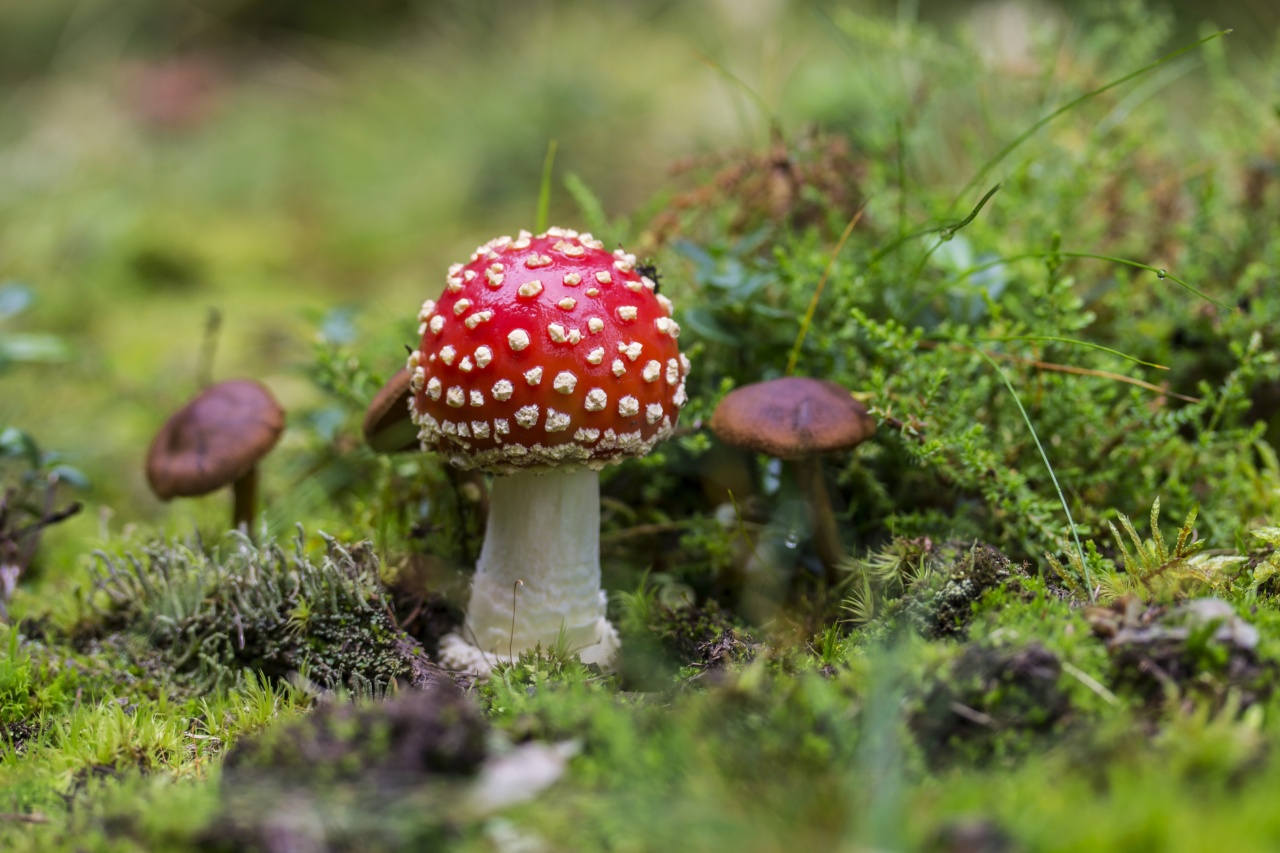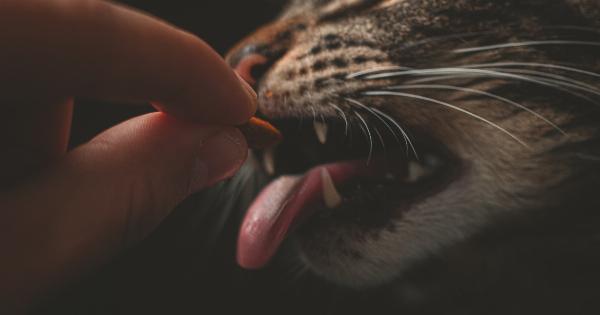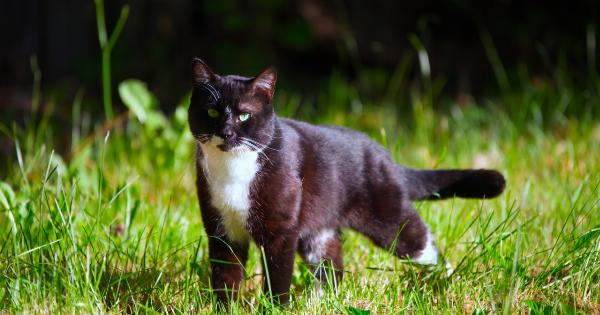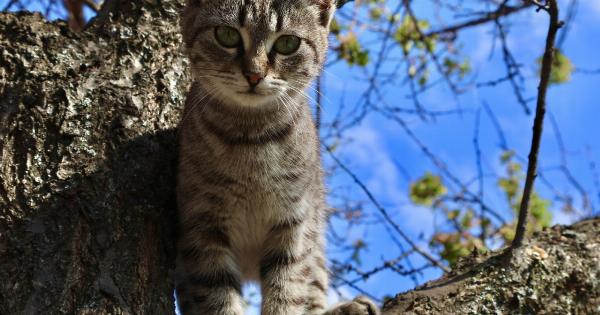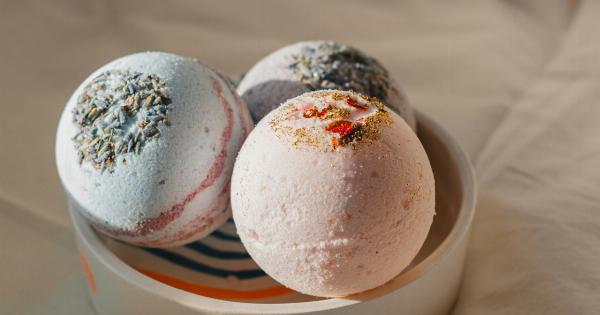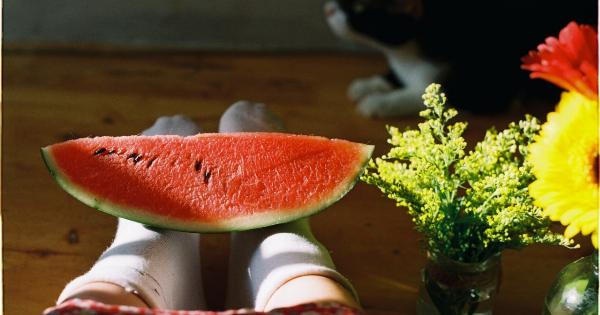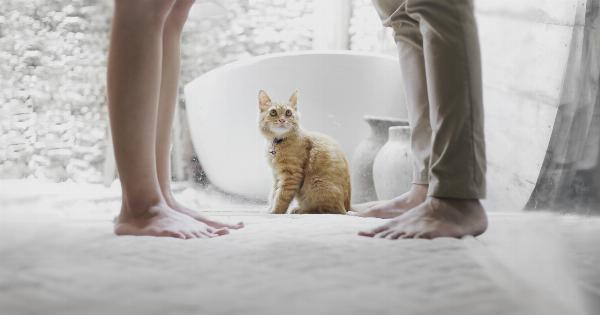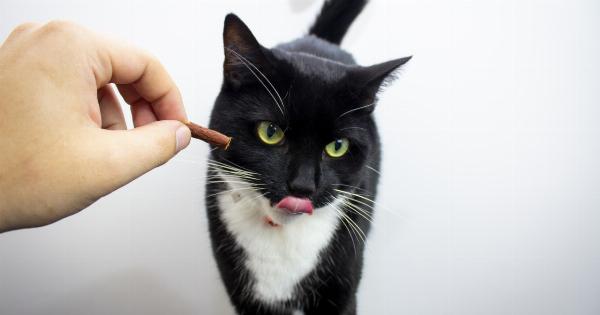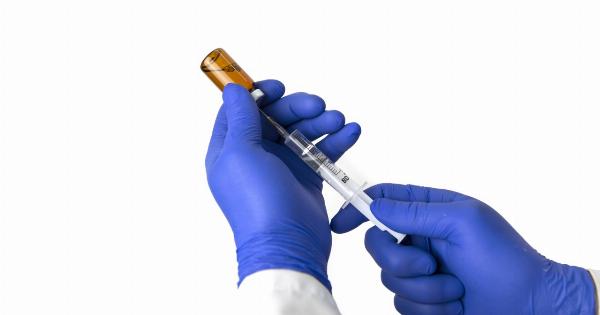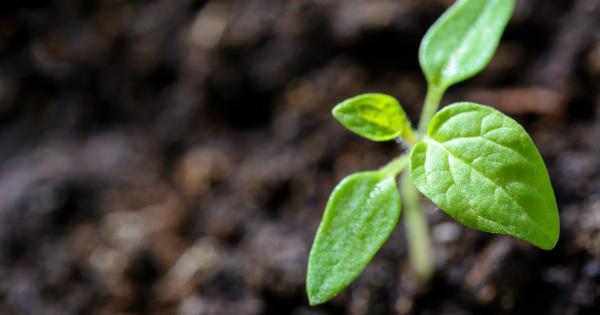Having a cat as a pet means taking on the responsibility of ensuring their health and well-being. One crucial aspect of cat care is being aware of the foods that can be toxic to them.
While some human foods are safe for feline consumption, there are others that should be strictly avoided. This article aims to shed light on some of the most toxic foods for cats, helping you provide a safe and healthy diet for your beloved furry friend.
1. Onions and Garlic
Onions and garlic belong to the Allium family and are extremely toxic to cats. These foods contain compounds that can damage a cat’s red blood cells, leading to a condition called hemolytic anemia.
Symptoms may include weakness, pale gums, and even collapse. It’s important to note that all forms of onion and garlic, whether raw, cooked, powdered, or in concentrated forms like soup or baby food, can be harmful to cats.
2. Grapes and Raisins
Grapes and raisins are known to cause kidney failure in dogs, and the same applies to cats. While the exact toxic substance is still unknown, even small amounts of grapes or raisins can lead to severe kidney damage in cats.
Symptoms include vomiting, diarrhea, abdominal pain, and decreased urination. In severe cases, it can even be fatal. It is best to keep all grape and raisin products away from your feline friend.
3. Chocolate and Caffeinated Products
Most cat owners are aware that chocolate can be harmful, but it’s essential to understand why. Chocolate contains theobromine and caffeine, both of which are toxic to cats.
These substances can cause heart palpitations, tremors, seizures, and even death. Dark chocolate and unsweetened baking chocolate pose a higher risk due to their higher theobromine content. It’s crucial to keep all chocolate and caffeinated products well out of your cat’s reach.
4. Milk and Dairy Products
While kittens can digest their mother’s milk, most adult cats are lactose intolerant. Consuming milk and dairy products can lead to digestive issues like diarrhea and upset stomachs.
If your cat enjoys a creamy treat, there are specially formulated lactose-free cat milk options available that are safer for their delicate digestive system.
5. Raw Meat, Eggs, and Fish
While cats are obligate carnivores and require a diet rich in animal protein, as pets, they should never consume raw meat, eggs, or fish. These foods may contain bacteria like Salmonella or E.
coli, which can cause severe illness in cats, including vomiting, diarrhea, and dehydration. It is always best to thoroughly cook meat and fish and remove any bones before feeding them to your feline companion.
6. Alcohol
Alcohol is extremely dangerous for cats. Even small amounts can lead to intoxication, resulting in potentially severe consequences.
Alcohol affects a cat’s liver and brain, leading to coordination issues, difficulty breathing, tremors, coma, and even death. Never allow your cat access to any alcoholic beverages or dishes containing alcohol, and be mindful of spills or residues around the house as well.
7. Canned Tuna and Other High-Mercury Fish
While a small amount of tuna is generally safe for cats, regularly feeding them canned tuna as a primary source of nutrition can lead to health problems. Canned tuna lacks some essential nutrients that are crucial for a cat’s overall well-being.
Moreover, high levels of mercury in fish like tuna, mackerel, and swordfish can accumulate in a cat’s body, causing mercury poisoning. It’s best to reserve tuna as an occasional treat and opt for specially formulated cat food for their regular meals.
8. Xylitol
Xylitol is a sugar substitute used in various sugar-free products like candy, gum, and baked goods. It causes a rapid release of insulin in cats, resulting in a sudden drop in blood sugar levels, which can be life-threatening.
Symptoms include vomiting, loss of coordination, seizures, and potentially liver failure. Make sure to read the ingredient labels of any food products, medications, or household items carefully, as xylitol is also found in some toothpaste, mouthwash, and peanut butter brands.
9. Raw Dough
Raw dough that contains yeast can be dangerous for cats. When ingested, the warmth of a cat’s stomach can cause the dough to rise, leading to bloating and potential intestinal obstruction.
Additionally, the yeast produces alcohol, which, as mentioned earlier, is toxic to cats. It is best to keep raw dough away from your feline friend’s reach and never allow them to nibble on homemade bread dough.
10. Artificial Sweeteners
Artificial sweeteners like aspartame, commonly found in sugar-free products, are toxic to cats. Cats lack a specific enzyme that can break down artificial sweeteners properly.
Ingesting these sweeteners can lead to a condition called “sweetener poisoning,” resulting in symptoms such as vomiting, loss of appetite, lethargy, and even liver damage. Keep any products containing artificial sweeteners well away from your curious cat.
Conclusion
Proper cat nutrition is vital for their overall health, and being aware of toxic foods can help you provide a safe environment for your feline companion. Avoid feeding your cat any human food unless approved by your veterinarian.
If you suspect your cat has ingested any toxic food, contact your vet immediately for guidance. Remember, prevention is better than cure when it comes to your cat’s well-being.
